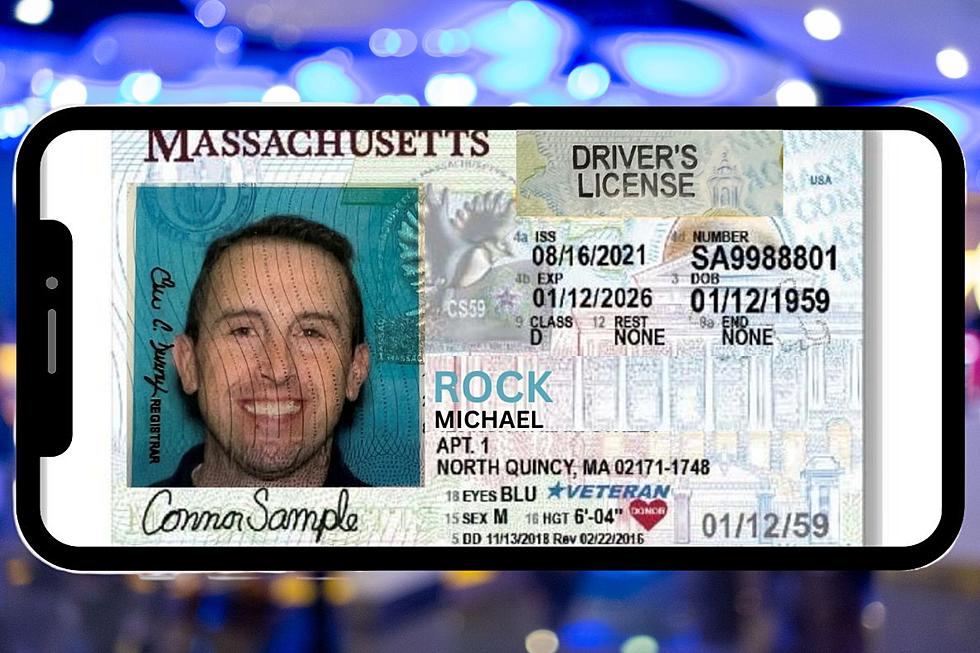
State Officials Who Opposed Marijuana Law Now Defending It
BOSTON — Three constitutional officers who each opposed marijuana legalization are now defending the newly-legal pot industry and pushing back against U.S. Attorney Andrew Lelling, whose statements have sewn anxiety and uncertainty in the fledgling industry.
Gov. Charlie Baker, Attorney General Maura Healey and Treasurer Deborah Goldberg have all publicly backed the Cannabis Control Commission and its work to stand up a regulated marijuana industry, even as that industry became far more vulnerable to federal prosecution.
U.S. Attorney General Jeff Sessions last week revoked an Obama era policy of looking the other way in states that had legalized uses of marijuana, and gave Lelling discretion over enforcing federal marijuana laws in the Bay State, where voters in 2016 legalized marijuana for adult recreational use.
Since Sessions' announcement last Thursday, Lelling has issued two statements addressing how his office will proceed with federal marijuana law enforcement in light of the new guidance from Sessions. Though lawmakers and activists have bristled at the vagueness of Lelling's statements, the prosecutor has made clear that no aspect of the state-sanctioned marijuana industry will be clear of federal scrutiny.
"I cannot ... provide assurances that certain categories of participants in the state-level marijuana trade will be immune from federal prosecution," Lelling said in a statement Monday. He continued, "Deciding, in advance, to immunize a certain category of actors from federal prosecution would be to effectively amend the laws Congress has already passed, and that I will not do."
A 16-year veteran of the Justice Department who took over as U.S. attorney late last month, Lelling said this is "a straightforward rule of law issue" and said he will proceed on a case-by-case basis to determine whether a case is worthy of expending "limited federal resources" to pursue.
The governor had a message Tuesday morning for Lelling about enforcement of federal marijuana law: Pot is not the biggest problem and drugs like fentanyl deserve more attention from the feds.
"What I would stress to him is the big public health crisis we're dealing with in the commonwealth these days is opioid addiction and street drugs like fentanyl," Baker said. "He mentioned in his remarks that he has limited resources. I would like to see his limited resources focus on the elements that are killing many people every day here in the commonwealth, which is fentanyl and that's going to be my message to him."
The governor's comments came after he helped cut the ribbon on a new program started by the Kraft Center for Community Health and Massachusetts General Hospital that will send a van into the community to help treat addicts in their neighborhoods and connect them with recovery services.
"Let's focus on the stuff that right now is wreaking havoc across our commonwealth and recognize and understand that the voters of Massachusetts voted to create a legal, regulated, recreational marijuana market here in the commonwealth," Baker said.
Healey, who was also at the City Hall Plaza event, told the News Service she was also hoping to get more clarity from the U.S. attorney's office about how it intends to enforce federal marijuana law in Massachusetts.
"What we've encouraged is greater clarification for the benefit of our businesses, our municipalities and our residents," said Healey, who has reached out to Lelling's office, but has not yet spoken with the U.S. attorney.
The treasurer, another legalization opponent who had originally been charged with overseeing the voter-legalized industry, said in a statement last week that the shifting federal policy on state-sanctioned marijuana "causes uncertainty and disruption at a time when the Cannabis Control Commission is trying to do its job protecting citizens and honoring the will of the voters. We support their efforts as they seek to safely institute recreational marijuana in Massachusetts."
The Cannabis Control Commission, which is working to put in place regulations and a licensing process to enable pot shops to open by July, reiterated Tuesday that its work will not stop despite the Justice Department's new position on pot.
"We have a job to do and we're going to continue to do the job," CCC Chairman Steven Hoffman said after a CCC meeting Tuesday. "That's really the only reaction we have is that we have a job that was mandated by the voters of the state and we're going to continue to do that job, and build and regulate this industry as best as we can."
Hoffman declined to say whether he thinks Lelling's statements have been vague or if he wishes the U.S. attorney would provide more clarity on his approach. He said Lelling has not reached out to the CCC, but that state regulators would be willing to work with him.
"If he would like to collaborate with us on that, to ensure the regulations are as effective as possible in promoting public health and public safety, we'd be happy to collaborate with him," Hoffman said.
The potential impact doesn't stop at recreational marijuana. Massachusetts also has a fully operational medical marijuana market that launched in 2015.
"For people for whom that's a viable and appropriate way of dealing with all kinds of issues -- nausea, anxiety, a whole variety of things -- that's become an important element in how they get through their day, and we need to factor that into the way we think about it," Baker said.
The governor, during the 2016 ballot campaign, expressed his reservations about exposing people to an intoxicant such as marijuana at a time when the state was struggling to combat addiction, but on Tuesday he said he wasn't sure if marijuana was contributing to the addiction crisis.
"I don't think there's any legitimate evidence one way or another about that," he said about pot contributing to the addiction crisis.
Hoffman and the CCC will have more legal brainpower on their side by the end of the month, when the agency's first general counsel begins work. Hoffman said Tuesday the agency has hired a general counsel, but would not reveal the person's identity because they have not yet severed ties from their current job. The CCC had made it a priority to find someone with experience in federal law.
"The general counsel role is going to be a critically important role because of the scope of issues we're going to be dealing with or expect to be dealing with," Commissioner Britte McBride said in October as the CCC crafted a job description for its top lawyer. "I think really (the ideal candidate) is someone who has an understanding of some of the federal issues the commission could be dealing with and ... respond in the event that we need to be responsive to something."
Commissioner Jennifer Flanagan said in October she wanted the CCC to hire someone with federal experience "because we know at some point the federal issues are going to intersect with the state issues."
--Colin A. Young and Matt Murphy, State House News Service
More From WBSM-AM/AM 1420









